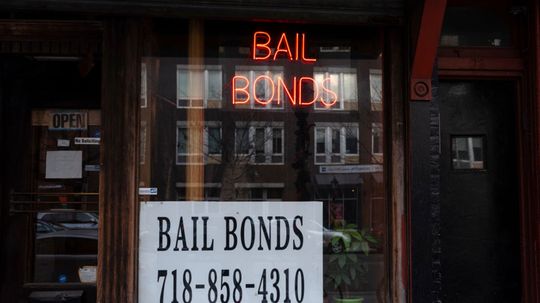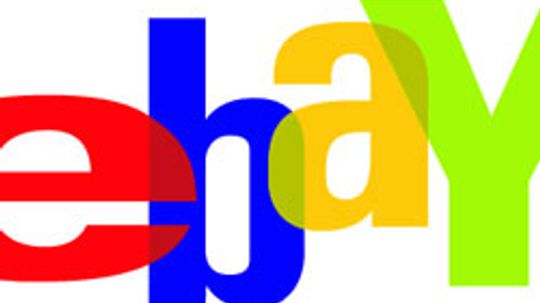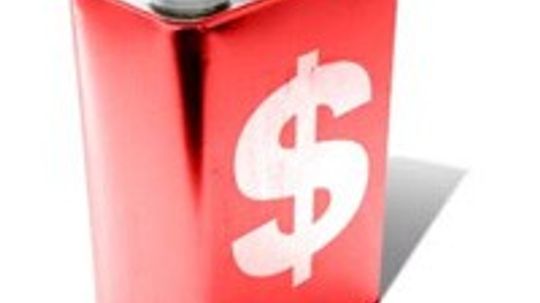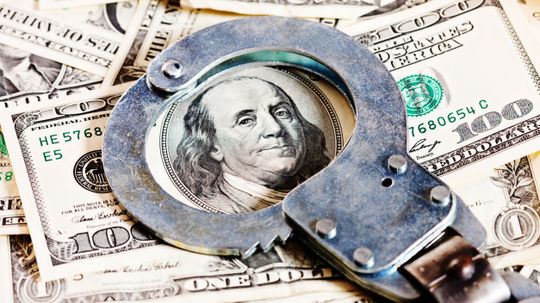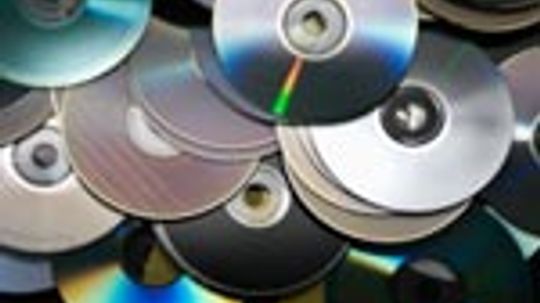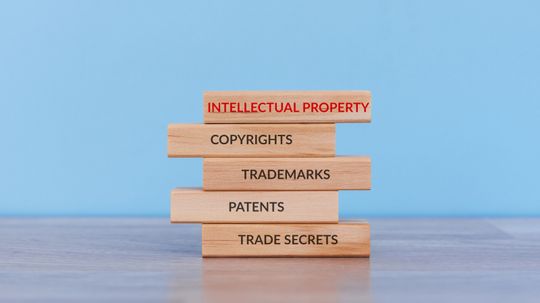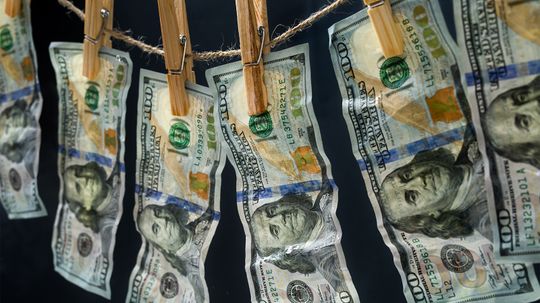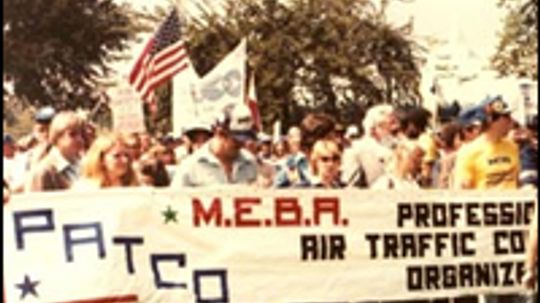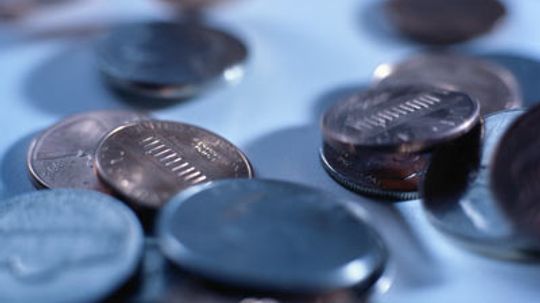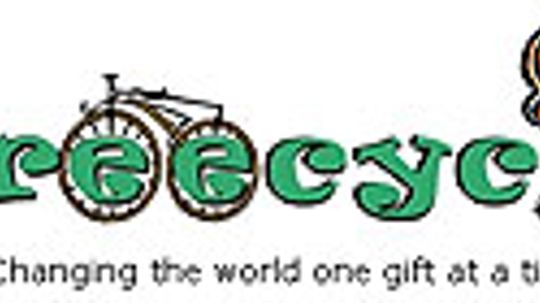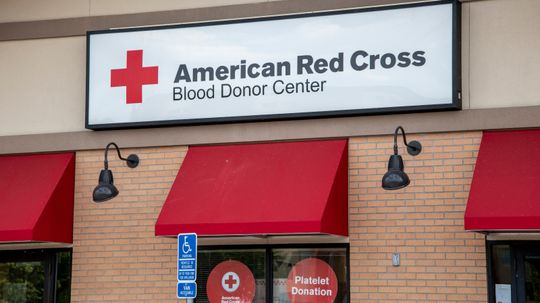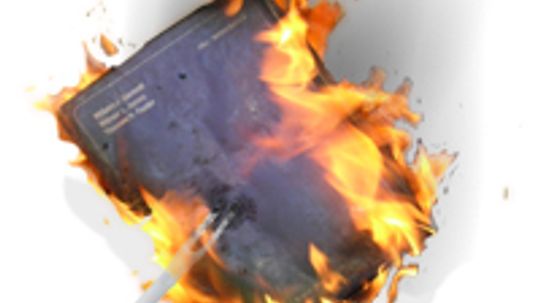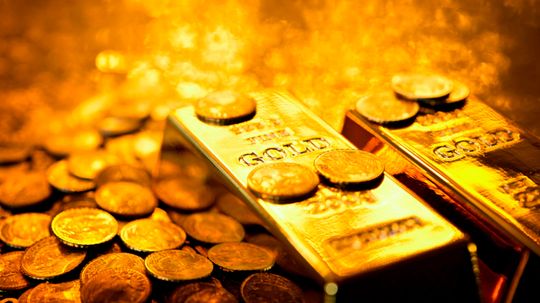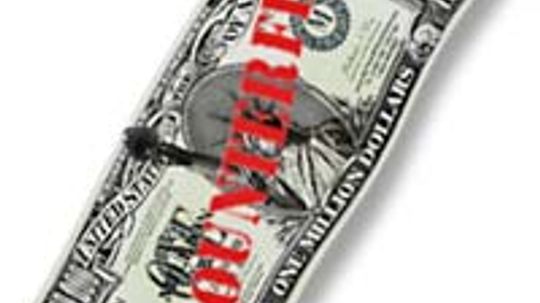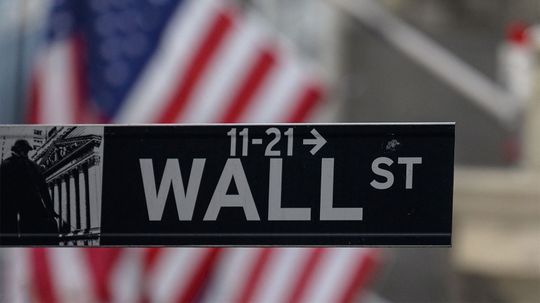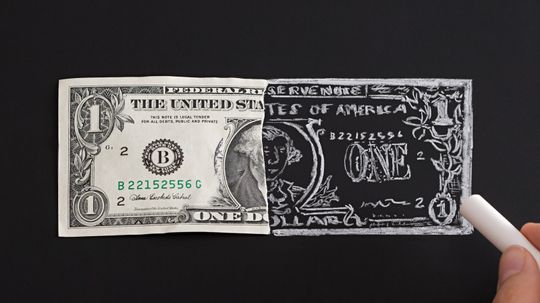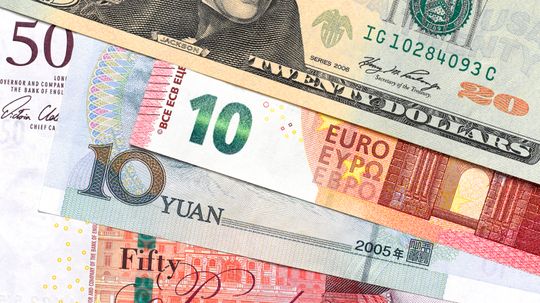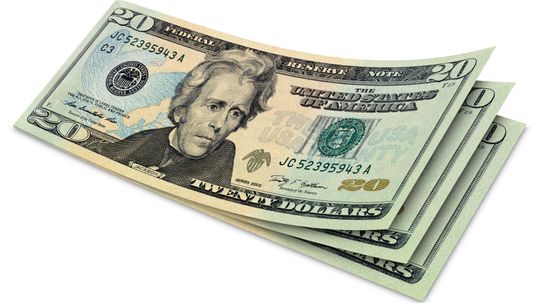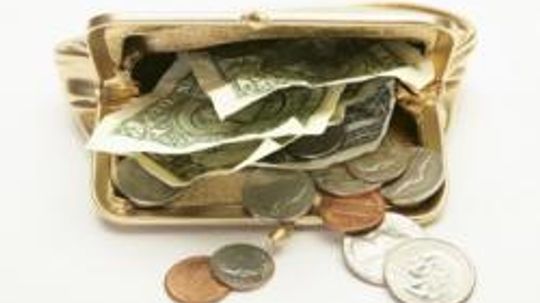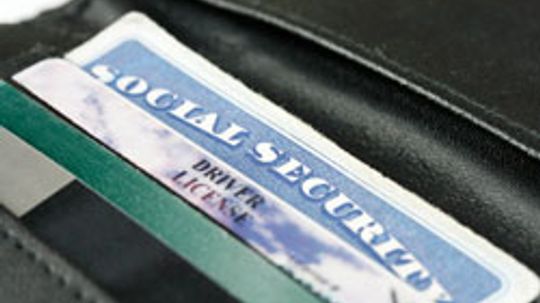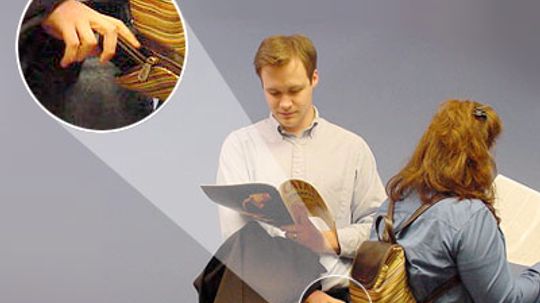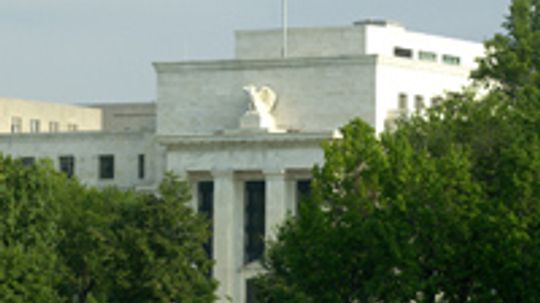Economics
Curious about capitalism, the monetary system or white collar crime? Check out these articles. The Economics Channel defines and explores economic terms and controversies.

Want to Support Veterans? 4 Tips for Finding Good Charities

No Shave November Is More Than Mustache Month
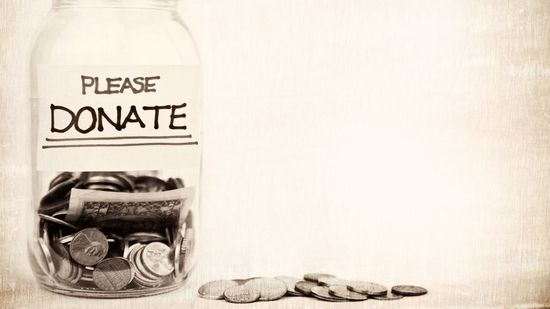
5 Questions to Ask Before Donating to a Charity
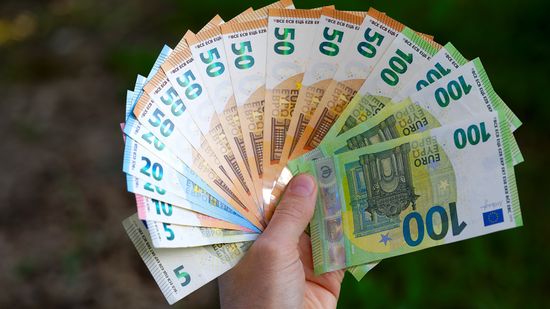
The Least Valuable Currency, Compared to the U.S. Dollar
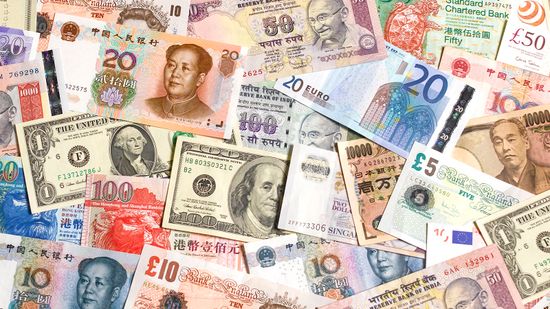
What Is the Strongest Currency in the World?
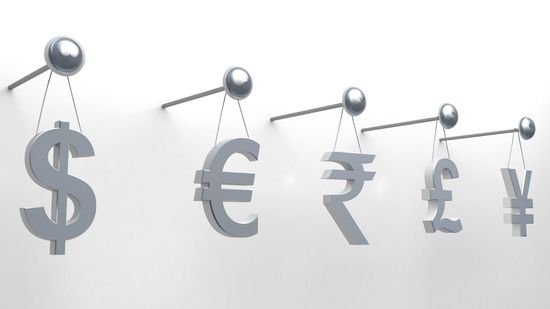
The Fascinating Stories Behind 5 of the World's Big Currency Symbols
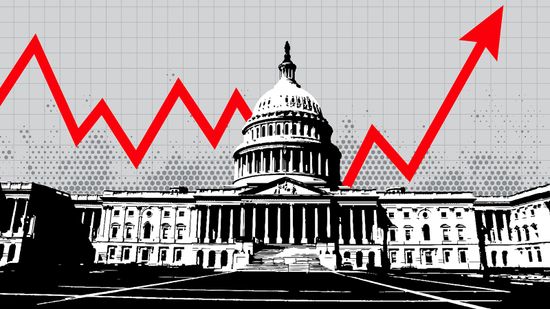
10 Largest Economies in the World, Ranked by Nominal GDP

What's the Most Expensive State to Live In?
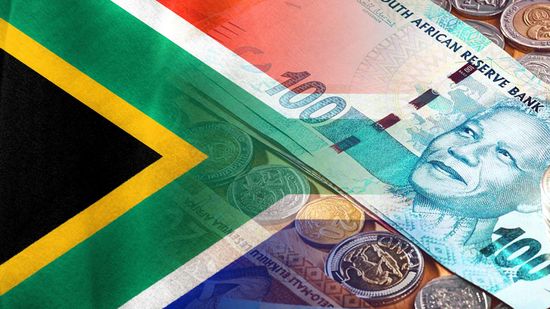
The Richest Countries in Africa, Based on GDP
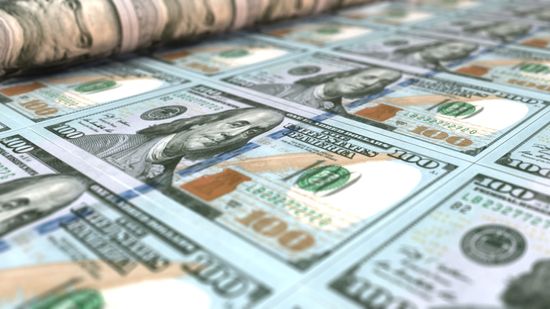
The 10 Countries With the Most Billionaires Span 4 Continents

How Many Billionaires Are in the U.S.? More Than Any Other Nation

The Richest Kid in the World Is Worth $5B — Which Royal Is It?
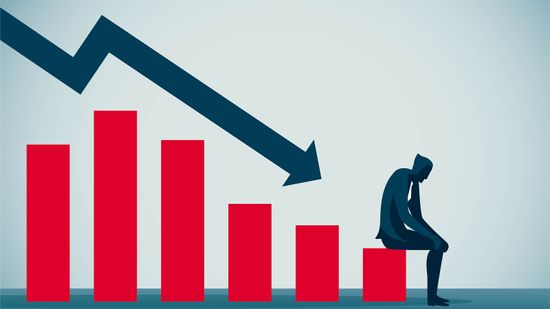
10 Worst Recessions in U.S. History, Listed Chronologically
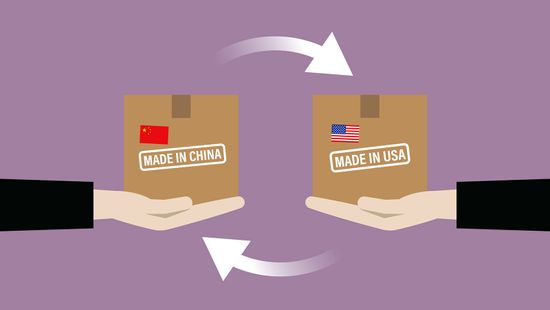
Retaliatory Tariffs, Trade Wars, Crashing Economies, Oh My!
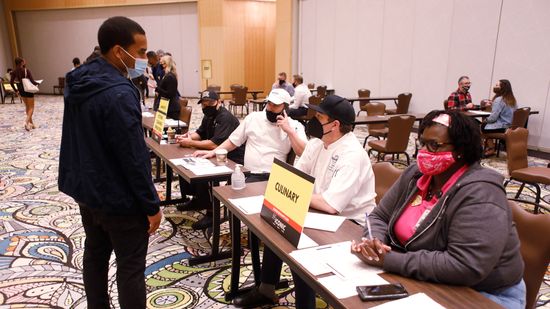
Why the U.S. Monthly Jobs Report Matters

10 Landlord-friendly States (Spoiler: No West Coast Candidates)
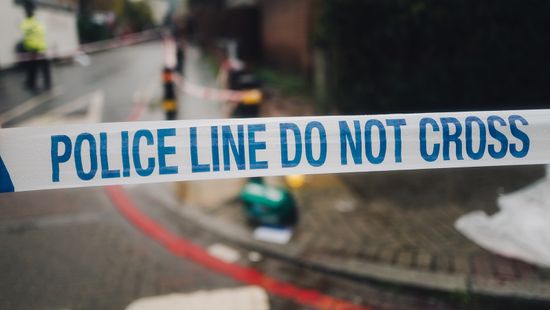
Most Dangerous Cities in the U.S. by Cost of Crime per Capita
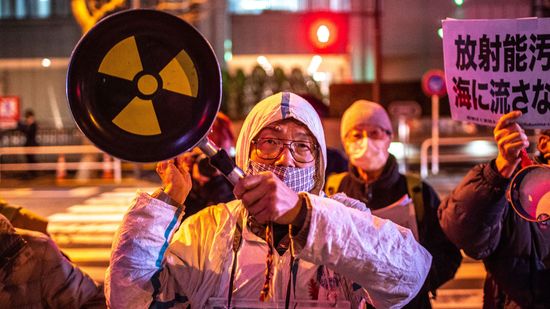
Who Paid the Largest Criminal Fine in History and Why?

Neighbor-spoofing Robocalls Are the New Nuisance
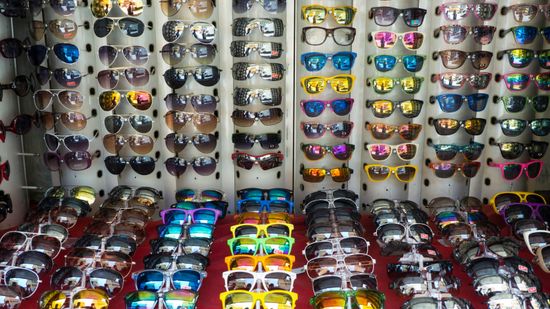
The 10 Most Counterfeited Products in The World
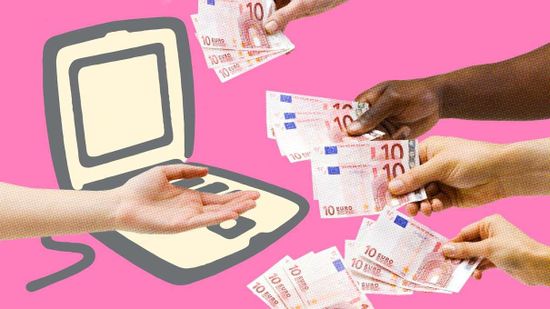
Crowdfunding or Crimefunding? Fraudsters Kickstart Money Laundering Campaigns
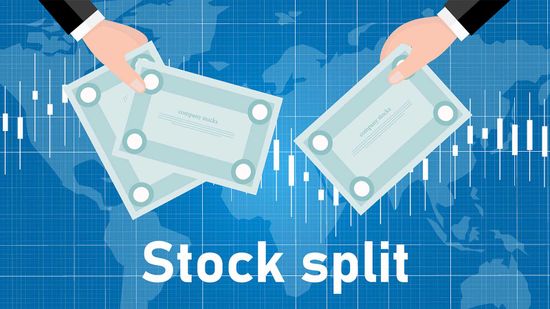
Why Big Companies Like Tesla and Amazon Are Splitting Stocks
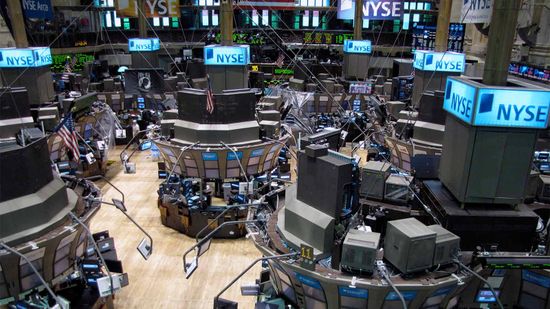
What Time Does the Stock Market Open?
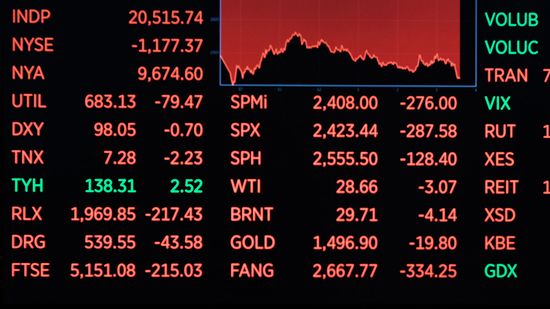
What Causes Stock Market Trading to Halt?
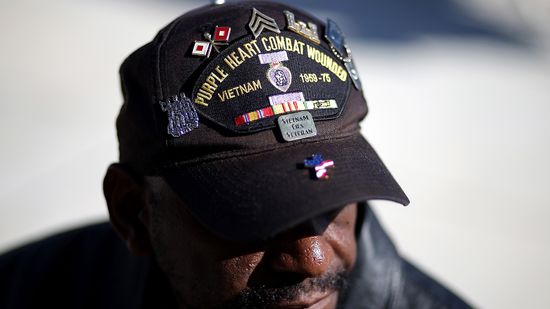
How to Volunteer to Help Disabled Veterans
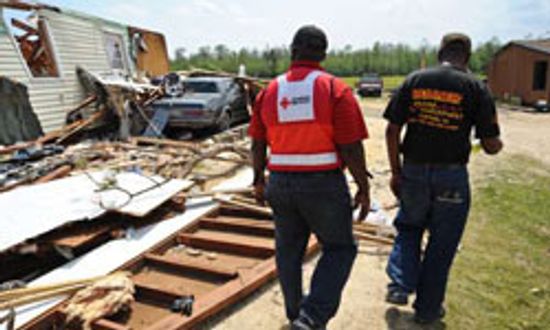
10 Best Volunteer Activities in Retirement
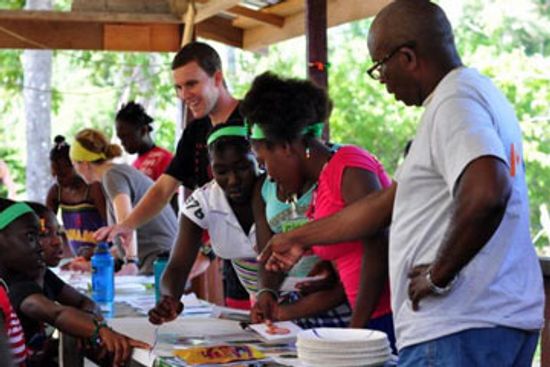
Does the Peace Corps want retired volunteers?
Learn More / Page 13
What problem in the world really stinks? What can you do to change it? For many, the first question is easy to answer, but the second one is difficult. Learn how Do Something inspires and helps young people make a difference.
We hope you'll never need to know the ins-and-outs of getting out of jail. Bail allows people to leave jail and continue their lives while awaiting trial. How does the bail system work?
In a move that has shaken up online-gaming profiteers everywhere, eBay has decided to ban the sale of virtual assets in its marketplace. eBay says it is acting to protect its users and maintain the integrity of the marketplace. But is there a bigger
By Julia Layton
Advertisement
What causes gas prices to fluctuate? We know that an increase in oil prices causes an increase in gas prices, but what exactly causes gas prices to decline?
By Julia Layton
Have you ever gotten a chain e-mail that promised riches if you just sent $5 to everybody on the list? The person who began that e-mail is a con artist -- someone who lies, cheats and fool people into thinking they've happened onto a great deal. Learn about basic cons, how to avoid being conned and what to do if you're a victim.
Copyrights are the one of the only forms of intellectual property that have historical basis in the Constitution. All other forms rely on common or statutory law for enforcement. Learn how they work.
By Thomas L. Peterson
A trademark is concerned with a company's need to identify its goods or services among its customers and potential customers. Trademarks, such as Nike or Coca Cola, are known throughout the world.
By Thomas L. Peterson
Advertisement
The phrase intellectual property (IP) refers to the bundle of legal rights that arise from the creative genius of the human mind. Intellectual property has become an issue as the digital music market expands. Learn how it works.
By Thomas L. Peterson
Money laundering is a crime that disguises where money came from - usually because its source was illegal. How can money start out dirty and wind up clean?
By Julia Layton & Oisin Curran
While the reasons behind strikes can be complex, they all boil down to two key elements: money and power. In this article, we'll explain labor unions' role in worker strikes, investigate U.S. labor laws and more.
Learn why Lincoln and Jefferson don't face left like all the other presidents on U.S. coins.
Advertisement
The Freecycle Network hopes to encourage a "worldwide gift economy" by connecting individuals locally who want to exchange goods. Explore how the Freecycle network aims to reduce landfill waste and decrease consumerism.
By Julia Layton
After Hurricane Katrina struck the Gulf Coast of the United States, most of us saw what the Red Cross can do -- and what it cannot do. Learn about the functions and history of the American Red Cross.
Several groups are providing direct aid to the victims of Hurricane Katrina, including the American Red Cross, the Federal Emergency Management Agency, and the National Guard. There are also many ways that you can bring relief to those in need. Learn exactly what these organizations are doing and how you can help.
By Dave Coustan
Smell that? It's the waft of smoldering company documents: a product of 'cooking the books.' Turns out, this isn't a filling meal, though. Find out why companies inflate their profits and what can happen as a result.
Advertisement
You can trade your dollars in for gold bullion from Fort Knox whenever you want -- right? Maybe not.
Do counterfeit bills really feel different from valid bills? Some people claim they can spot a fake just by handling it.
Initial public offerings have been around for centuries - every company with shares that are publicly traded on the stock market had an IPO at one point. Find out what an IPO is and how it makes people rich.
Counterfeiting has become easier with the availability of quality scanners and printers. But the U.S. Treasury has fought back by adding several hard-to-copy features to the bank notes. How can you spot a fake?
By Marshall Brain & Dave Roos
Advertisement
What exactly is the cost of money? What are the fundamentals of exchanging dollars for other currency? We'll explore these questions, plus give tips for money-changing travelers.
With the introduction of the new $20 bill, the U.S. Treasury has introduced a whole new element to the dollar: color. Learn about the new look of the currency and about the benefits of the new features.
What is currency, exactly? We all know currency is a piece of paper or metal you can trade for stuff you need or want, but who decides what your money is worth? And why does its value fluctuate?
The idea that someone can "steal" your identity is very unsettling. Find out how identity theft works and how you can prevent it from happening to you.
Advertisement
Practiced pickpockets are nimble and intelligent -- and they look just like everyone else. You'll be amazed at how easily they can rob you without you even noticing.
By Tom Harris
The Fed: It's a very mysterious part of the government. But if you own a house, have a bank account or write checks, the Federal Reserve System affects your life every day.

